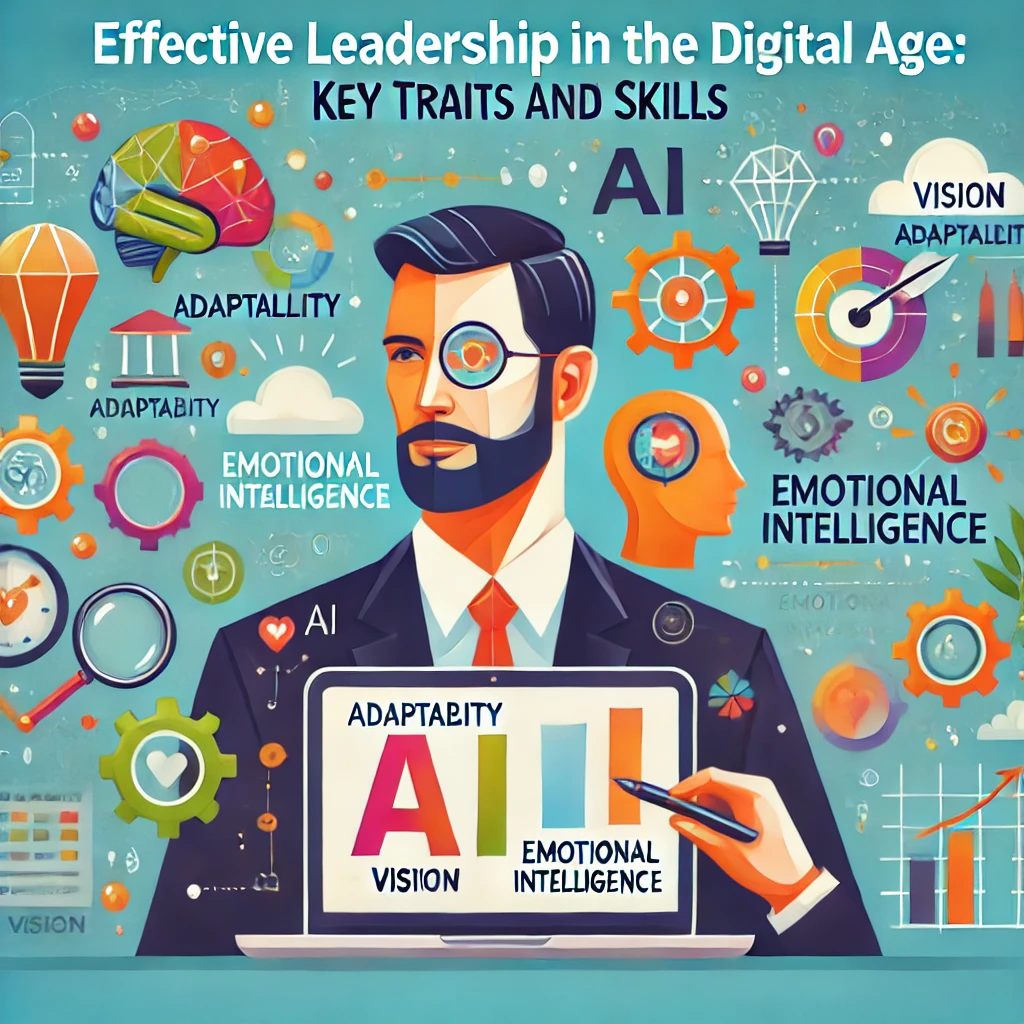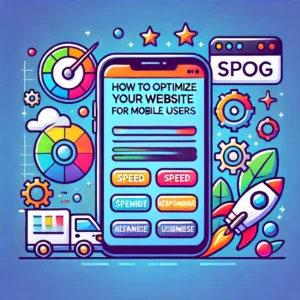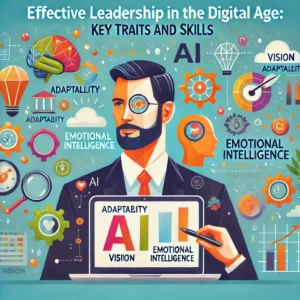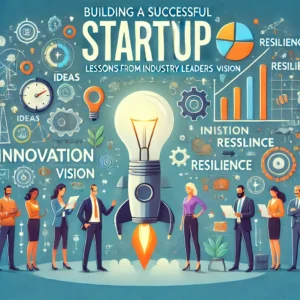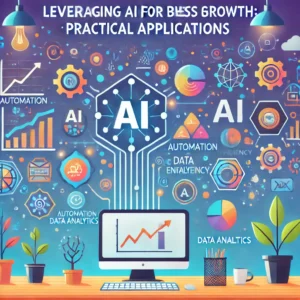In today’s fast-paced and ever-evolving digital landscape, effective leadership requires a unique set of traits and skills. As technology continues to transform industries, leaders must adapt to new challenges and opportunities. Here are the key traits and skills that define effective leadership in the digital age.
1. Adaptability
Trait: The ability to adapt quickly to changing circumstances is crucial for leaders in the digital age. Adaptability involves being open to new ideas, embracing change, and continuously learning to stay ahead of industry trends.
Skill: Leaders should develop the skill of continuous learning by staying updated with the latest technological advancements and market trends. They should also foster a culture of innovation within their teams, encouraging employees to experiment and embrace new approaches.
2. Visionary Thinking
Trait: Visionary leaders have a clear and compelling vision for the future. They can anticipate changes in the market and technology, and set a strategic direction that inspires and motivates their teams.
Skill: Effective leaders should hone their strategic planning skills, enabling them to set long-term goals and develop actionable plans to achieve them. Communicating this vision clearly and consistently helps align the team’s efforts towards common objectives.
3. Digital Literacy
Trait: Digital literacy involves understanding and effectively utilizing digital tools and technologies. Leaders must be proficient in digital platforms and solutions to lead their organizations successfully in the digital age.
Skill: Leaders should continuously develop their technical skills, including familiarity with data analytics, cybersecurity, AI, and other relevant technologies. This knowledge enables them to make informed decisions and drive digital transformation initiatives.
4. Emotional Intelligence
Trait: Emotional intelligence (EQ) is the ability to recognize and manage one’s emotions, as well as the emotions of others. High EQ is essential for building strong relationships, fostering collaboration, and creating a positive work environment.
Skill: Leaders can enhance their emotional intelligence by practicing active listening, empathy, and effective communication. Building strong interpersonal relationships and understanding team dynamics are critical for motivating and engaging employees.
5. Decisiveness
Trait: Decisiveness involves making timely and well-informed decisions. In the digital age, leaders often face complex and rapidly changing scenarios that require quick and confident decision-making.
Skill: Leaders should develop strong analytical and critical thinking skills to evaluate information quickly and accurately. They should also cultivate the ability to take calculated risks and make decisions with confidence, even under uncertainty.
6. Collaboration and Team Building
Trait: Effective leaders excel at building and leading high-performing teams. They understand the importance of collaboration and leverage the collective strengths of their team members to achieve organizational goals.
Skill: Leaders should focus on team-building skills, such as fostering a collaborative culture, encouraging open communication, and providing opportunities for team members to contribute and grow. Effective delegation and conflict resolution are also key aspects of successful team management.
7. Agility
Trait: Agility refers to the ability to pivot and respond quickly to new opportunities or challenges. Agile leaders are flexible and can adjust their strategies and approaches as needed.
Skill: Leaders should develop agile management practices, such as iterative planning and continuous feedback loops. Embracing agile methodologies, like Scrum or Kanban, can help leaders manage projects more effectively and adapt to changes efficiently.
8. Customer-Centricity
Trait: A customer-centric mindset is crucial for success in the digital age. Effective leaders prioritize understanding and meeting customer needs, driving customer satisfaction and loyalty.
Skill: Leaders should develop skills in customer experience management, including gathering and analyzing customer feedback, personalizing interactions, and continuously improving products and services based on customer insights.
9. Resilience
Trait: Resilience is the ability to withstand and recover from setbacks. In the digital age, leaders must navigate a volatile and unpredictable environment, and resilience helps them persevere through challenges.
Skill: Leaders can build resilience by maintaining a positive attitude, learning from failures, and developing coping strategies for stress. Encouraging resilience within the team also helps create a supportive and enduring organizational culture.
10. Ethical Leadership
Trait: Ethical leadership involves leading with integrity and ensuring that organizational actions align with moral and ethical standards. Trust and transparency are critical components of ethical leadership.
Skill: Leaders should develop strong ethical decision-making skills, ensuring that their choices reflect the organization’s values and principles. Promoting a culture of ethics and accountability within the organization is essential for long-term success and reputation.
Conclusion
Effective leadership in the digital age requires a combination of adaptability, visionary thinking, digital literacy, emotional intelligence, decisiveness, collaboration, agility, customer-centricity, resilience, and ethical leadership. By cultivating these traits and skills, leaders can navigate the complexities of the digital landscape, drive innovation, and lead their organizations to sustained success. Embracing continuous learning and fostering a positive, collaborative culture will further enhance a leader’s ability to thrive in the digital era.

